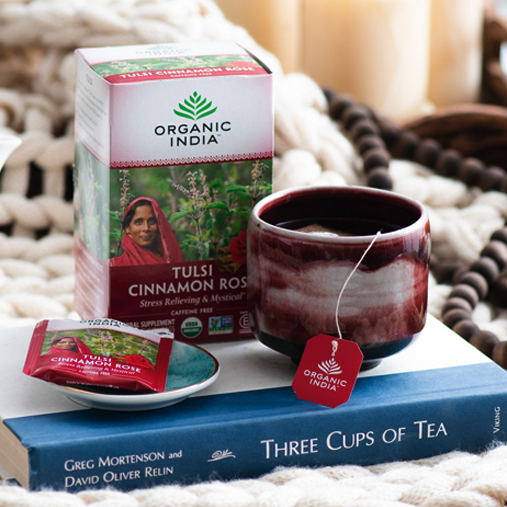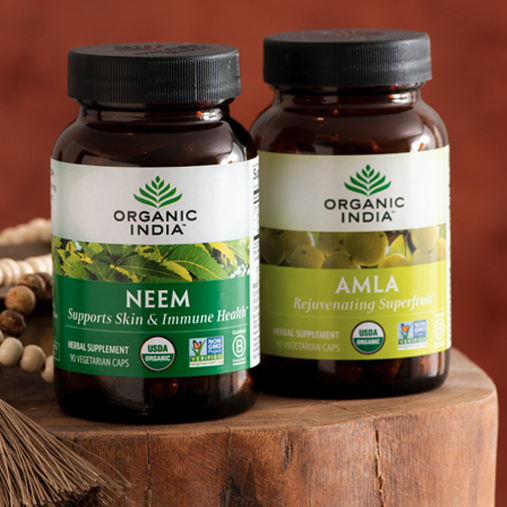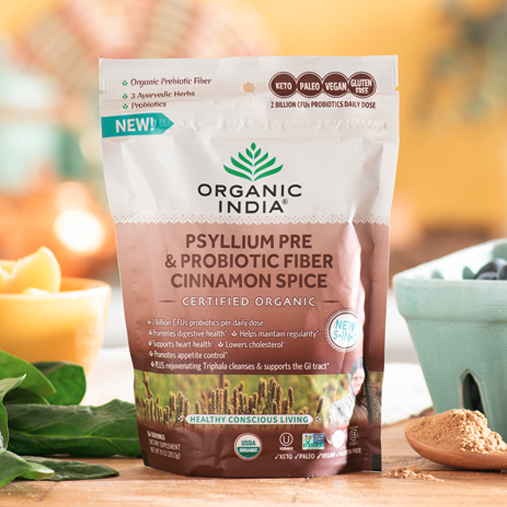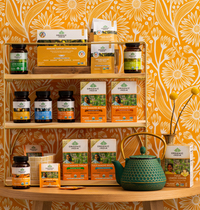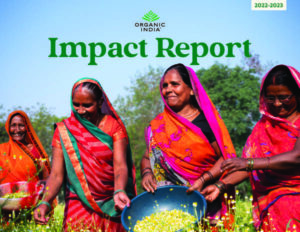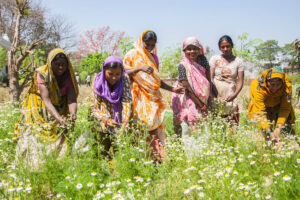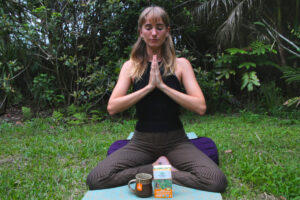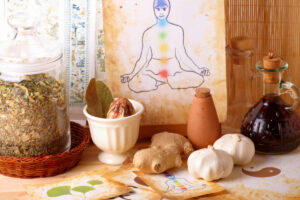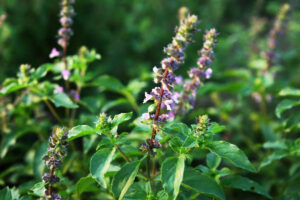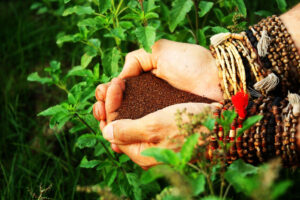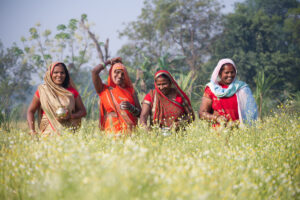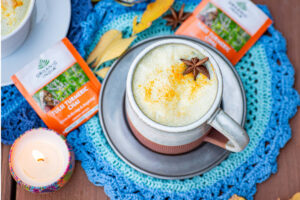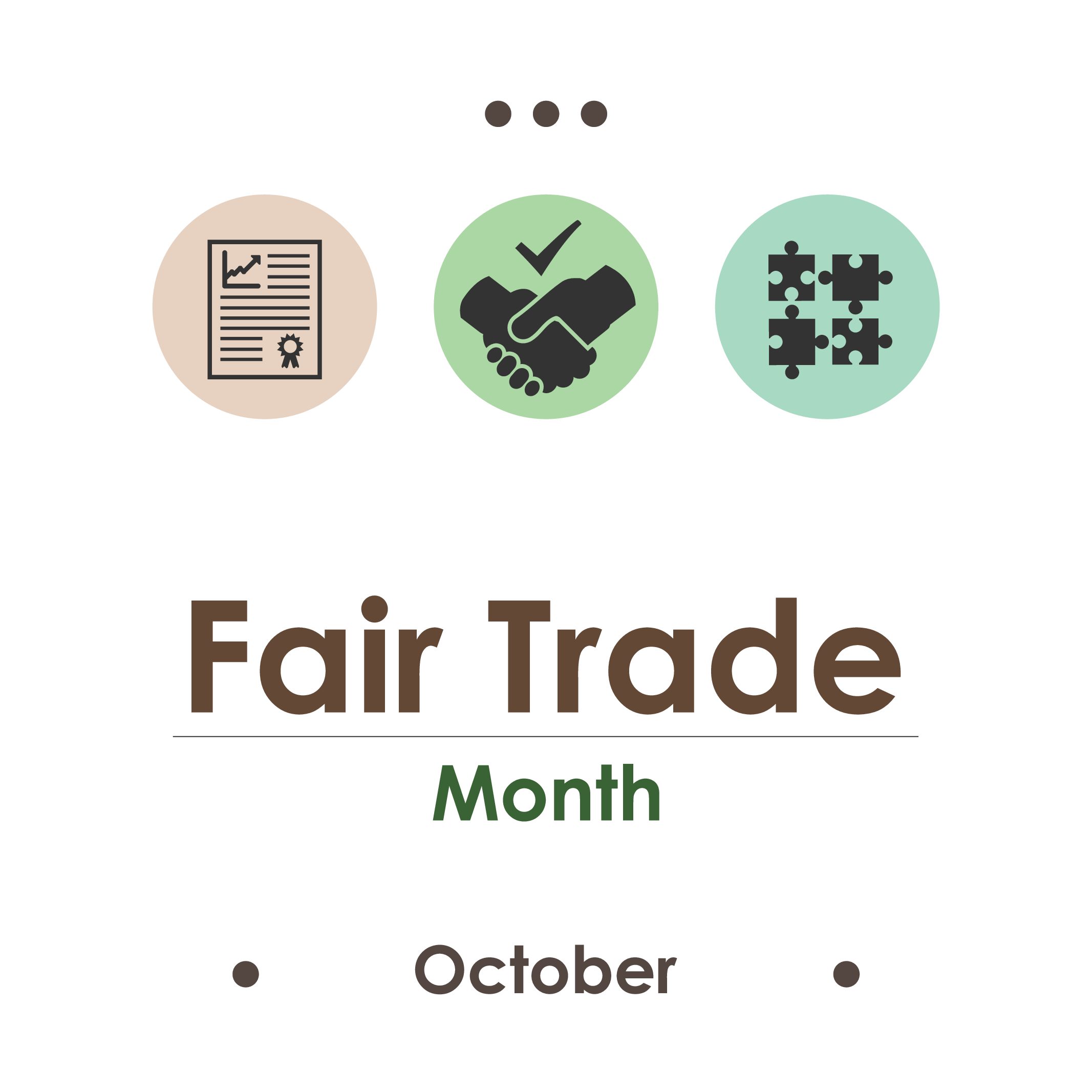Back
The concept of fairness is borne of compassion — the feeling that we are in this life together, to help one another across the board. In the food, herbs, and natural health sectors, the birth of Fair Trade has set the tone for ethics in the way food is grown and the way growers are treated, as well as the way communities are protected and nourished. Farming is the largest industry in the world, and Fair Trade is predicated on supporting the hard-working people responsible for the food that ends up on our tables, as well as the plants and herbs that promote healing and maintain health. The FAIRTRADE Mark found on foods and supplements helps you identify products that align with your values.
Historical Perspective on Fair Trade
The history of food production through the centuries has taken a great many turns. For thousands of years, food from the wild sustained early human beings. The “hunter-gatherer” method of food cultivation was sufficient for small groups in favorable environments, but as population grew and people pushed into areas less blessed with easily obtainable food, the idea of purposeful farming sprouted into an industry. Eventually, instead of eating foods for nutrition, societies began eating to fill their bellies.
As feudalism declined in the Old World, there was a significant rise of cities and towns that transformed the food production industry from subsistence-based to a market-oriented. Land once held in common, and used mainly for grazing, came under the control of individual landowners, leading to more intensive cultivation of available land and the production of greater volumes of cheaper food to feed more urban populations. Now we have a situation where most “food” that people eat does not actually qualify as food, biologically speaking. Examples are substances filled with chemicals and artificial vitamins, processed foods, fast foods, and boxed foods. As a result, good health is not the norm even in the most so-called advanced nations.Ultimately, the transition from many smaller farmers to giant corporate growers — often called Big Agriculture — has led not only to illness from a lack of sufficient dietary nutrients, but also to mistreatment and marginalization of small farmers. The Fair Trade movement has worked to bring the dignity, respect, and fair treatment back into play. Fair Trade is an alternative to exploiting trade-based partnerships — an equal partnership between food growers and us, the consumers of real, unprocessed, nutritious foods.
Fair Trade is Not Just a Good Deal, it’s Also a Big Deal
As of last year, there were more than 2,400 Fairtrade licensees selling more than 30,000 products in 130 countries around the world, all dedicated to securing a better deal for farmers and workers. Nearly 2 million farmers and workers (and counting!) in 75 countries participate in Fair Trade. Due to the damage caused by industrial farming practices — not only to the environment, but to personal health and wellness, communities, farmers, and personal relationships — it is more important than ever to join hands in promoting fairer trading conditions. This also helps combat poverty, child labor, gender equality, and climate change. Fair Trade also ensures that nearly 2 million farmers worldwide get a fair deal through the Fairtrade Minimum, receive a Fairtrade Premium to invest in their communities, utilize democratic processes, and prevent gender inequality.
ORGANIC INDIA Carries the FairTrade Banner
ORGANIC INDIA has a long tradition of embracing a holistic, compassionate philosophy in everything it does. Supporting wellness and people extends to every aspect of ORGANIC INDIA’s products, practices, and sourcing by embracing sustainable, regenerative agriculture, fair trade, environmental recovery, and beneficial, inclusive social change. Fair trade practices only make sense because there is so much more to farming than selling goods and services. It’s a real-world enterprise that affects families, communities, economies, health, and happiness. ORGANIC INDIA’s herbal teas Tulsi Original, Tulsi Green, Tulsi Breakfast, and Tulsi Peppermint carry the FairTrade designation.
It is vital to ORGANIC INDIA’s philosophy that the Fairtrade certification process reviews the environmental, economic, and social elements of a business’s supply chain for a specific product. These supply chains are audited regularly with announced and unannounced audits by the third-party ISO 17065 accredited auditor FLOCERT. Like Organic India, this global certifying body embraces the holistic philosophy and supports sustainable businesses to make global trade fairer. FLOCERT also ensures that whole supply chains are built on fair practices and that the certifier helps producers, traders and brands become truly sustainable.
Fair Trade is All About All of Us
It has become increasingly apparent that a great many consumers care about the story behind the products they buy. They care about the quality of the food they eat, how it is grown, who grows it, fair incomes, environmental practices, and the role human rights plays. This is how compassionate and inclusive minds think. Fairtrade Certification is a powerful way to prioritize the lives of farmers and workers in a supply chain while strengthening relationships with shoppers. Bryan Lew, COO of Fairtrade America explained, “Fair trade will only be finished when fair and equitable trade becomes the norm and not the exception.”
Peggy Willingham, Executive Director of Fairtrade America explained, “Fairtrade is about making sure people get their fair share of the pie. The whole concept of Fairtrade goes to the heart of our values and the sense of right and wrong. Nobody wants to buy something that was made by exploiting somebody else.”
FAIRTRADE’s slogan gets right to the point: “Choose Fairtrade: Choose the World You Want.” In these difficult times, we are seeing the value of this sort of thinking — seeing and acting upon the best options that uplift humanity, nature, and the environment.
Food sovereignty advocate and alter-globalization author Vandana Shiva aptly said, “Food is not a commodity, it is not ‘stuff’ put together mechanically and artificially in labs and factories. Food is life. Food holds the contributions of all beings that make the food web, and it holds the potential of maintaining and regenerating the web of life. Food also holds the potential for health and disease, depending on how it was grown and processed. Food is therefore the living currency of the web of life.”

